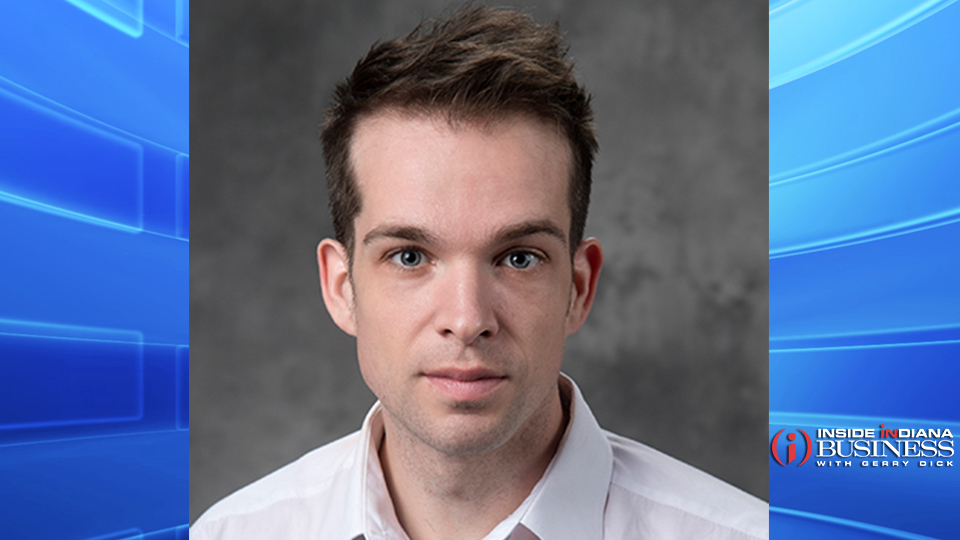Purdue researcher pursuing treatment for aggressive form of brain cancer
Subscriber Benefit
As a subscriber you can listen to articles at work, in the car, or while you work out. Subscribe Now
Indianapolis-based Monon Bioventures LLC has received a one-year, nearly $400,000 grant from the National Cancer Institute to demonstrate the feasibility of manufacturing a glioblastoma therapeutic created at the Purdue University College of Pharmacy. Glioblastoma is an aggressive type of cancer that can occur in the brain or spinal cord.
“It grows, multiplies and spreads quickly, is almost always lethal, and there is no effective cure. New, effective therapies are desperately needed,” said Sandro Matosevic, assistant professor in the Department of Industrial and Physical Pharmacy, who has developed a potential treatment.
Matosevic’s work demonstrates that human immune “natural killer” (NK) cells can be “armed” to specifically attack glioblastomas.
Monon Bioventures will partner with Matosevic and Genezen Inc., a therapeutics manufacturing lab in Fishers.
“Therapeutics for certain cancers have used related approaches with other immune cells, called T cells, which are obtained from the patient,” said Matosevic said. “Natural killer cells can be accepted from multiple donors, however, not just the patient, which makes them much safer, and which dramatically expands our ability to manufacture them in large doses to treat many patients.”
Matosevic worked with the Purdue Research Foundation Office of Technology Commercialization, which has applied for a patent to protect Matosevic’s intellectual property. The Office has granted Monon Bioventures the option to negotiate a license to the intellectual property.
“His discovery provides a critical preclinical proof of concept of the disease,” said Joe Trebley, president and CEO of Monon Bioventures. “Our plans are to translate that discovery into the clinic by first working on the manufacturability of the novel therapeutic.”
After this work is complete, Trebley says Monon Bioventures will discuss with the U.S. Food and Drug Administration the company’s plan to move the treatment to clinical studies.
